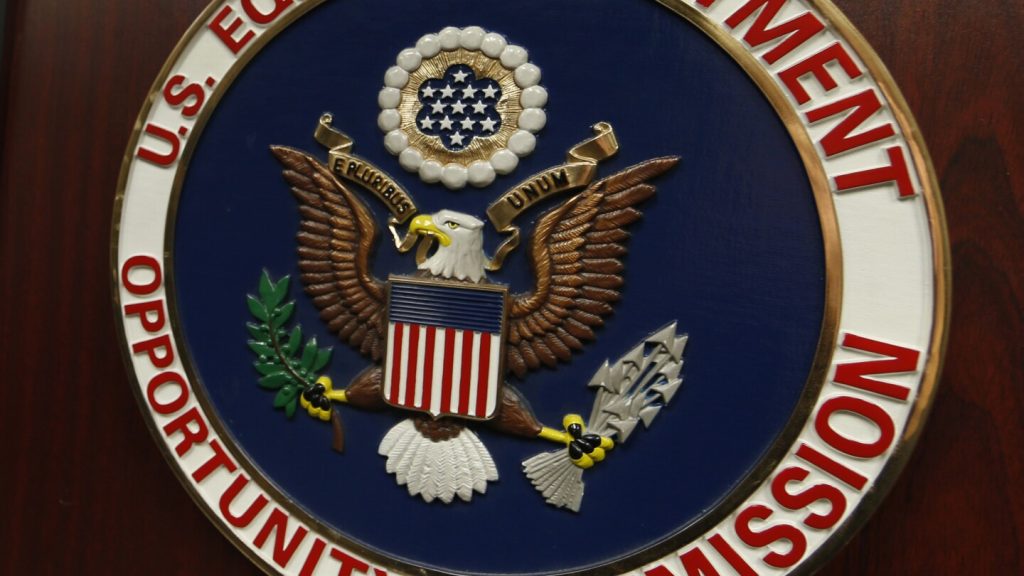A federal judge in two Southern states has granted temporary relief to the U.S. Conference of Catholic Bishops and other employers from complying with a federal rule that would have required them to provide workers with time off and other accommodations for abortions. The rule, issued by the Equal Employment Opportunity Commission, stated that abortions are covered by the Pregnant Workers Fairness Act. The judge’s preliminary injunction prevents the EEOC from enforcing the abortion provision of its rules against the Catholic plaintiffs and employers located in Louisiana and Mississippi for the duration of the lawsuit.
The ruling in Louisiana and Mississippi comes after a federal judge in Arkansas dismissed a similar lawsuit filed by 17 states. The Louisiana ruling was a partial victory for the attorneys general of both states, who had requested a broader emergency injunction to stop the entirety of the EEOC rules from taking effect nationwide. Civil rights and women’s advocacy groups have expressed concern over the ruling, emphasizing the importance of EEOC rules for pregnant workers seeking accommodations.
The American Civil Liberties Union, the National Women’s Law Center, and other labor and women’s advocacy groups have raised concerns about the impact of the ruling on pregnant workers. They argue that the EEOC rules provide clarity for resolving disputes and ensuring accommodations for pregnant workers. The limited ruling has raised fears that women in the workplace may face challenges in accessing abortion care, affecting their ability to advance their careers and launch businesses.
The Pregnant Workers Fairness Act, passed in December 2022, was hailed as a victory for low-wage workers who have been denied accommodations during pregnancy. However, Republican lawmakers, including Louisiana Sen. Bill Cassidy, expressed anger when the EEOC ruled that the law covered abortions. The EEOC defended its decision, stating that including abortion in the regulations is consistent with decades-long interpretations of anti-discrimination laws related to pregnancy.
The attorneys general of Louisiana and Mississippi argued that the EEOC rules were forcing states to facilitate abortions against state laws. Mississippi and Louisiana have strict abortion laws, with Mississippi banning most abortions after 15 weeks and Louisiana having a near-total ban with exceptions for life-threatening situations or fetal abnormalities. The U.S. Conference of Catholic Bishops, a plaintiff in the lawsuit, criticized the EEOC for imposing a national abortion-accommodation mandate, claiming it went against the bipartisan nature of the Pregnant Workers Fairness Act.
Despite the ruling, advocates for pregnant workers emphasize that the rights under the Pregnant Workers Fairness Act have not been taken away. The legal advocacy group A Better Balance condemned the ruling, stating that it disregarded legal precedent on pregnancy-related medical conditions. The EEOC’s regulations regarding accommodations for pregnant workers will continue to evolve, with potential conflicts with state laws being addressed on a case-by-case basis.


